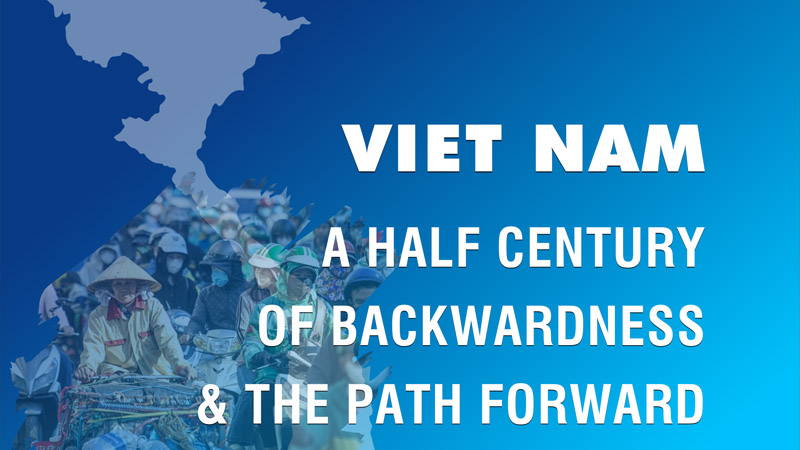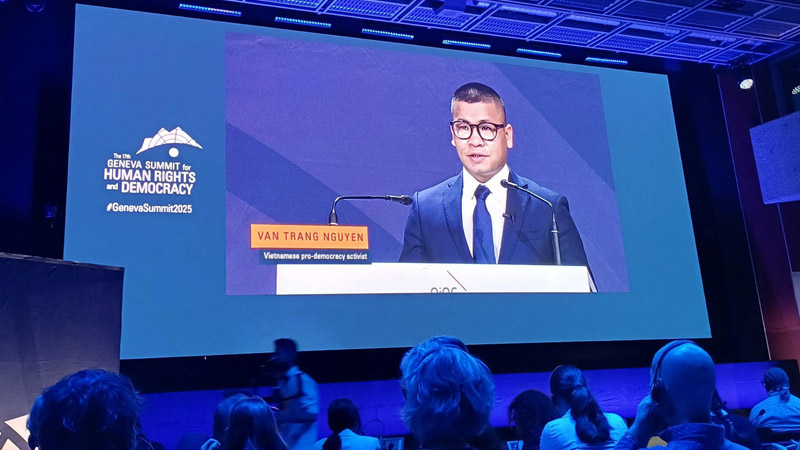January 12, 2012
The latest tactic for sweeping domestic critics under the carpet.
Hanoi purports to want closer relations with Washington as a counterbalance to Beijing’s rising assertiveness in the South China Sea. Washington says it wants Hanoi to improve its human-rights record. Which means both sides face a new test in dissident Bui Thi Minh Hang.
Ms. Hang was dispatched recently for a two-year stint of “re-education” in a labor camp for peaceful protests that would not be illegal in a normal country. On several occasions last year, she rallied her fellow Vietnamese to protest China’s growing aggression in maritime territorial disputes.
It’s a hot-button issue for ordinary Vietnamese, and such protests are a major irritant in Hanoi’s relationship with its comrade neighbors in Beijing. Several other activists and bloggers have been arrested over the past two years for criticizing Hanoi’s sometimes limp response to Chinese provocations.
Ms. Hang’s case represents a worrying development in Hanoi’s strategy against its internal critics. Rather than going through the normal show trial and appeals process, Ms. Hang was summarily sentenced via an administrative process more often used for drug offenders and other criminals.
While the precise reason for the change in procedural tack is unknown, a plausible guess is that Hanoi feared Ms. Hang’s trial becoming a spectacle. Other dissidents have used their court hearings as platforms to criticize the government—authorities gagged Roman Catholic priest Nguyen Van Ly with duct tape during his trial for pro-democracy activism in 2007—and courthouse steps are tempting locations for sympathy protests.
So Ms. Hang was quietly trundled off to a labor camp, her family left in the dark. Once her fate became known, her son was detained for a day when he tried to protest by distributing “missing person”-style flyers about his mother.
The worry now is that Hanoi will turn Ms. Hang’s case into a new template for handling other critics. The outside world should score Hanoi for this attempt to brush its abuses under the carpet.
The U.S. Embassy in Hanoi last week criticized Ms. Hang’s detention and called for the release of all political prisoners. Meanwhile, a European Union delegation today will inaugurate what’s billed as an annual human-rights dialogue with the Vietnamese government. Ms. Hang should feature prominently on the agenda.
U.S. Secretary of State Hillary Clinton has sought closer ties with Hanoi to bolster stability in the South China Sea, but she has also emphasized that Vietnam must do more to improve its human-rights record. Hanoi knows that greater strategic cooperation with the West is in Vietnam’s best interest. That gives foreign leaders leverage to raise Ms. Hang’s case and others.
Source: Wall Street Journal





